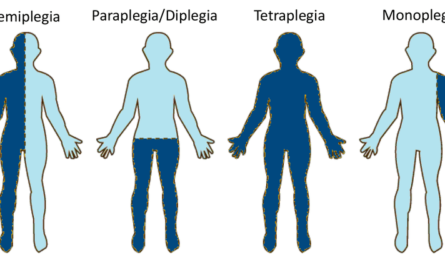What are Transitional Care Management Services?
Transitional care management (TCM) services are a relatively new Medicare benefit designed to help high-risk patients transition between care settings, such as from a hospital to home or from a rehabilitation facility to home. TCM services aim to promote continuity of care by facilitating communication between providers and ensuring patients understand their conditions, care plans and medication regimens after discharge. Let’s take a closer look at how these services work.
Eligibility and Identification of High-Risk Patients
Medicare covers Transitional Care Management Services for patients who meet certain criteria indicating their risk for post-discharge complications. Eligible patients must have had an acute hospital stay of at least three days or be directly admitted with same-day discharge from skilled nursing facilities (SNFs) or nursing homes. Patients are considered at high risk if they have multiple chronic conditions, a history of frequent hospitalizations or emergency room visits, a limited ability to care for themselves or social support issues impacting their care. Eligible providers work to proactively identify these high-risk patients during hospitalizations or facility stays to set them up with TCM services.
Care Coordination and Communication
Once a patient is deemed eligible, their primary care physician or other qualified health professional takes the lead on coordinating care. Within two business days of discharge, a comprehensive TCM visit must take place either face-to-face at a location convenient for the patient or via telehealth. During this visit, the provider thoroughly reviews the patient’s discharge plans, treatments, medications and any follow-up needs. They will also address potential barriers to care, arrange referrals or services and make sure the patient understands what to do if any issues arise. Crucially, the provider communicates patients’ status and ongoing needs with other practitioners involved in their care. Research shows enhanced provider communication reduces hospital readmissions.
Follow-Up Visits and Monitoring
TCM services don’t end after the initial visit. Providers must be available to the patient for at least a month post-discharge for coordination of care and follow-up. This may involve additional office visits, phone calls or remote monitoring to help manage chronic conditions and medications. The provider evaluates if treatment plans are being followed properly and takes time to address any concerns or new symptoms. Through ongoing check-ins, they can catch potential issues early on before they require re-hospitalization or an expensive emergency room visit. Studies link higher rates of provider follow-up contact with decreased hospital utilization after discharge.
Patient and Caregiver Education
Education is a core component of transitional care. The initial intake and follow-up visits give providers opportunities to thoroughly review diagnoses, treatments, self-care instructions and any signs/symptoms that warrant medical attention. Discussion of the patients’ social and living situations helps identify how to best support their needs at home. Caregivers are also educated on how to assist patients to enhance understanding and adherence. Printed materials such as illness overviews, medication lists and doctor contact cards reinforce teachings. Proper education of patients and families correlates with better post-discharge outcomes.
Billing and Reimbursement
Providers who furnish the required Transitional Care Management Services components within 30 days of a patient’s discharge or transfer may bill Medicare for these services using current procedure terminology (CPT) codes. Moderate complexity billing (CPT code 99495) applies to the typical TCM case involving approximately 60 minutes spent coordinating care. High complexity billing (CPT code 99496) is used for greater time investment, such as patients with multiple chronic conditions necessitating extensive services. Medicare reimburses an average of $150 for moderate care management and $200 for high intensity services. Many private insurers also cover TCM, though coverage and rates vary. Billing is limited to one TCM episode per 30-day period or hospital stay.
Assessing Impact and Continued Development
While research on transitional care management is still emerging, studies point to improvements in patient outcomes, decreased costs and high levels of patient satisfaction associated with transitional care management services. However, challenges remain to increase provider engagement and ensure this care model reaches all high-risk beneficiaries who could benefit. Medicare continues piloting enhanced transitional care programs with innovative care coordination strategies. The goal is building on successes to better support patients navigating healthcare transitions and reduce hospital readmissions. With refinement, transitional care holds promise to become a mainstay approach improving quality and affordability across our healthcare system.
*Note:
1. Source: Coherent Market Insights, Public sources, Desk research
2. We have leveraged AI tools to mine information and compile it.



